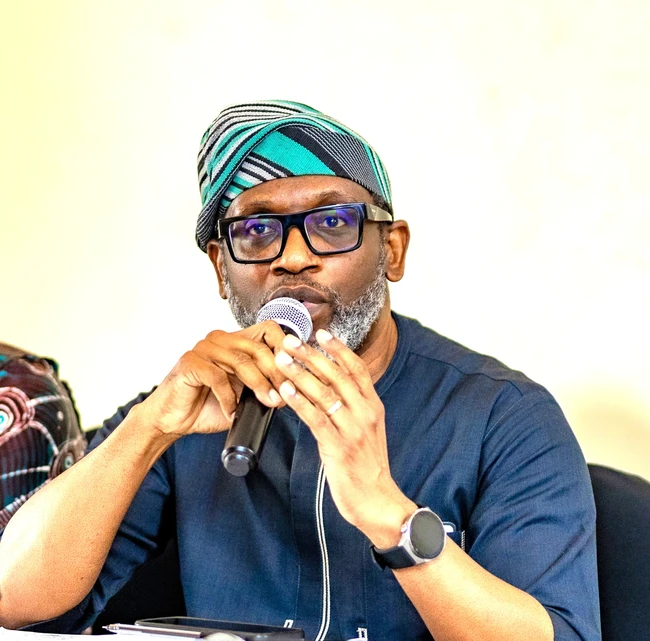The use of local content in Artificial Intelligence systems is essential for delivering accurate, region-specific results.
Speaking at the Network of African Data Protection Authorities (NADPA) Conference, held in Abuja, the Nigerian capital city, MTN Nigeria’s General Manager for Regulatory Affairs, Ikenna Ikeme saidData can be transformational by bringing efficiency to businesses, but it also presents risks, ranging from privacy to investment,”
.Ikenna who was a panel discussion, with focus on “Data Governance for Responsible and Beneficial Use of AI” while sharing his perspective warned against relying too much on external data.
Alos speaking, Google’s Government Affairs and Public Policy Manager, Adewale Adene projected AI and data governance could add $30 trillion to Africa’s economy by 2030.
“All relevant authorities and stakeholders must ensure Africa is positioned to capitalise on this new economy,” he noted.
The conference convened industry leaders, policymakers, and experts to discuss the role of data and AI in shaping Africa’s future. Key discussions focused on balancing innovation with risk, safeguarding data in AI systems, promoting responsible data use, and enabling cross-border data flows.
Other panelists included Nonye Ujam, Government Affairs Lead at Microsoft; Ololade Shyllon, Director of Privacy Policy for Africa, the Middle East, and Turkey at Meta; Oliver Patel, Head of Enterprise AI Governance at AstraZeneca (who joined remotely); Femi Daniel, Senior Counsel, Privacy and Data Protection at Mastercard; and Adewolu Adene, Government Affairs and Public Policy Manager at Google.
The conference stressed the urgent need for African stakeholders to create strategic policies. These policies should support both growth and safety. Participants called for collaboration, investment in local data infrastructure, and strong legal frameworks. This is to ensure AI technologies are developed and used responsibly.
The NADPA Conference served as a timely call to action. It urged governments, companies, and regulators to prioritise trust and transparency. Homegrown solutions are key in shaping Africa’s digital destiny, the conference concluded.





